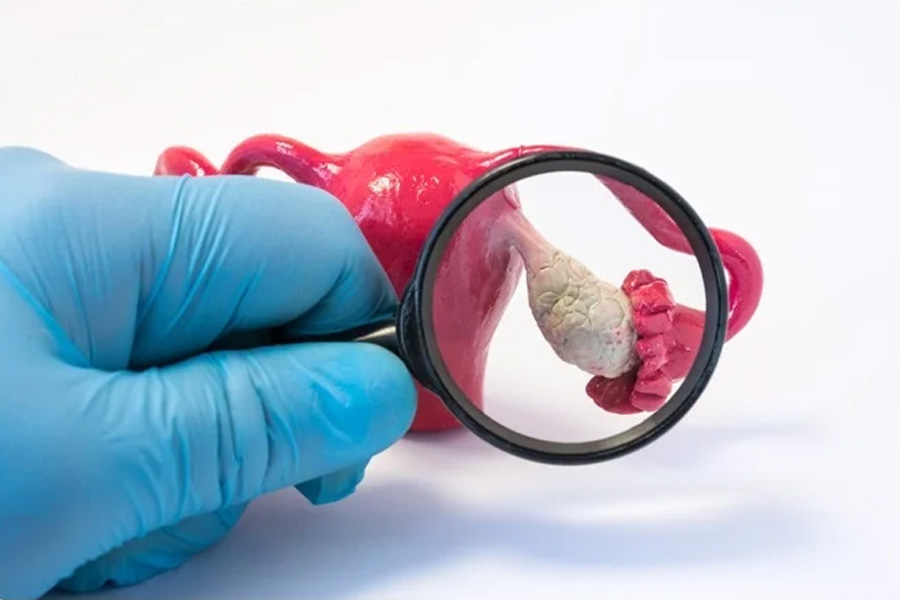Polycystic Ovary Syndrome, commonly known as PCOS, is a hormonal disorder affecting millions of women worldwide. Though it often develops during a woman’s reproductive years, the impact of PCOS can extend well into later stages of life, including menopause. Understanding the symptoms and available treatments can provide relief and improve quality of life for those affected.
Recognizing the Symptoms of PCOS
PCOS manifests in a variety of symptoms, and not all women experience the same ones. The most common symptoms include:
Irregular Menstrual Cycles:
Many women with PCOS experience infrequent, prolonged, or unpredictable menstrual cycles due to hormone imbalances.
Excess Androgen Levels:
High levels of male hormones can lead to physical signs such as excessive facial and body hair, severe acne, and even male-pattern baldness.
Polycystic Ovaries:
While not all women with PCOS have multiple cysts on their ovaries, many do. These cysts are small fluid-filled sacs that can be identified through an ultrasound.
Weight Gain and Difficulty Losing Weight:
Women with PCOS often struggle with weight management, which can exacerbate other symptoms.
Insulin Resistance:
This condition can make it difficult for the body to use insulin effectively, leading to higher blood sugar levels and increasing the risk of type 2 diabetes.
Each symptom may vary in intensity, and some women experience only a few, while others may struggle with many.
Treatment Options for PCOS
While there is currently no cure for PCOS, various treatment options can help manage symptoms effectively.
Lifestyle Changes:
Adopting a balanced diet and a consistent exercise routine can help manage weight, regulate insulin levels, and reduce androgen levels, leading to an improvement in PCOS symptoms.
Medications:
Doctors may prescribe hormone therapy to regulate menstrual cycles and lower androgen levels. For those who struggle with insulin resistance, medications like metformin can improve the body’s insulin response, potentially easing some symptoms.
PCOS & Menopause:
While PCOS does not end with menopause, many women find that certain symptoms, such as irregular periods, diminish. However, weight gain and insulin resistance may persist, making lifestyle and medical interventions important well into menopause.
Seeking Support and Guidance
If you suspect you have PCOS or need help managing its symptoms, online consultation with healthcare providers can be a convenient way to receive guidance. Virtual appointments allow for timely, tailored support from specialists without needing to leave home. Many women find this a flexible option to receive the care they need while balancing busy lives.
PCOS can be challenging, but understanding your options and seeking support can make a meaningful difference. With the right care, women with PCOS can effectively manage symptoms and lead healthy, fulfilling lives.






















Add Comment